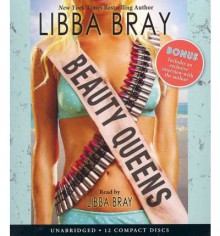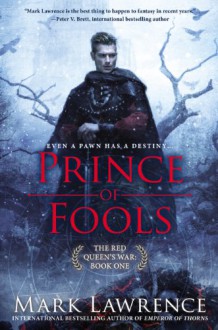
This is an interesting book about the women related to the Mughal emperors. I wound up disenchanted with it and think that its reception so far has been perhaps a bit too glowing, but I did learn some interesting things from it.
Essentially, this is a history of a little over 200 years of the Mughal empire in India, from just before their arrival at the beginning of the 16th century, to just after the death of Aurangzeb at the beginning of the 18th. The focus is on the women of the dynasty, who played far more powerful and active roles than western stereotypes would have it. Also, the “harem” (the correct term for the women’s quarters is a zenana) wasn’t exactly teeming with wives and concubines of the emperor; any woman related to him or to his loyal retainers could show up to live there and many did, along with their own entourages and servants.
Particularly in the early years, these women were hardly in purdah: they accompanied the emperor as he traveled around, even to war or on daring escapes across mountains from pursuing armies (this sometimes resulted in wives and children being captured or killed); they traveled from city to city at their own whim; they went on hajj. Even later on, once the zenana became more separate, the women there still wielded considerable power, as they often had independent fortunes, owned trading ships, commissioned monumental buildings, and weighed in with the emperor on issues of public policy. Maham Anaga was essentially regent of part of India for awhile, while Noor Jahan coined her own money and had the authority to issue edicts under her name and with her own seal.
All of which is fascinating, and I’m glad to have learned about these women, but the execution let me down a bit. First, the author covers more than 200 years and a ton of women in just 246 pages of text, which means it’s rushed and often doesn’t get much past generalities. Second, the first third is definitely the best because Mukhoty can rely on the memoirs of Gulbadan, daughter of Babur and relative of the later emperors, which bring a lovely personal touch to the story. In the later portions we don’t have that and so it becomes more distant. It might also be that the earlier women are just more interesting, as many of them led quite dramatic lives while the later ones seem to have mostly stayed behind walls amassing wealth and commissioning buildings in their names.
Third, the author seems to glorify the Mughals overmuch, in a way that comes across as colonialist. We may not think of the Mughals as colonizers because they weren’t European and, unlike the British, at least they kept India’s wealth in the country and acculturated themselves to the place. But still, they rode in from Afghanistan and killed a ton of people to conquer territory for their own power and glory, and continued to do so throughout the existence of the empire. Mukhoty mostly elides the fact that their wars consisted of naked land grabs, and there’s a weird “oh, those Hindus and their barbaric customs” vibe that comes close to suggesting the Hindus needed the Mughals to save them from themselves.
Finally, the book just doesn’t come across as very historically rigorous. Mukhoty’s decision to write the entire history in the present tense is weird and distracting. There’s also a tendency to use the same evocative generalities over and over again; the author is always talking about someone’s glittering, blistering, blinding, incandescent, etc., etc., ambition, which is a fancy way of saying the Mughals loved conquering people and imposing architecture. There are endnotes (though frustratingly, no index) and the author seems to have used at least some primary sources. She also doesn’t run rampant speculating on thoughts and feelings (lack of source material is perhaps why the book covers so many people in so few pages). But I would have appreciated more facts and less editorializing.
In the end, interesting book that opened my eyes to a part of history I didn’t know much about. Could be worthwhile reading if you’re interested in the subject, but ultimately it was frustrating for me because it could have been better.

 Log in with Facebook
Log in with Facebook 










